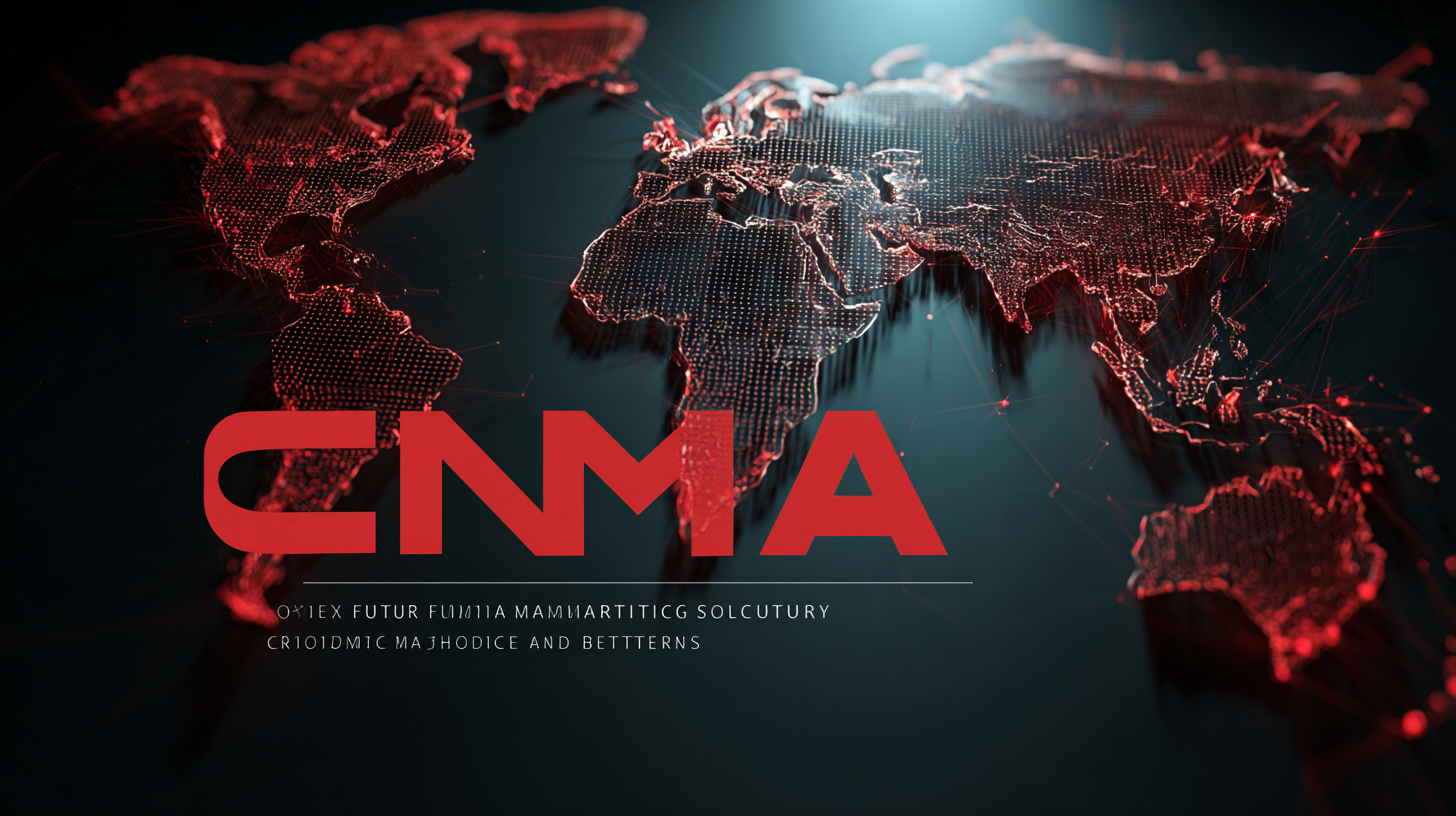 English
English-
 English
English -
 Español
Español -
 Português
Português -
 русский
русский -
 Français
Français -
 日本語
日本語 -
 Deutsch
Deutsch -
 tiếng Việt
tiếng Việt -
 Italiano
Italiano -
 Nederlands
Nederlands -
 ภาษาไทย
ภาษาไทย -
 Polski
Polski -
 한국어
한국어 -
 Svenska
Svenska -
 magyar
magyar -
 Malay
Malay -
 বাংলা ভাষার
বাংলা ভাষার -
 Dansk
Dansk -
 Suomi
Suomi -
 हिन्दी
हिन्दी -
 Pilipino
Pilipino -
 Türkçe
Türkçe -
 Gaeilge
Gaeilge -
 العربية
العربية -
 Indonesia
Indonesia -
 Norsk
Norsk -
 تمل
تمل -
 český
český -
 ελληνικά
ελληνικά -
 український
український -
 Javanese
Javanese -
 فارسی
فارسی -
 தமிழ்
தமிழ் -
 తెలుగు
తెలుగు -
 नेपाली
नेपाली -
 Burmese
Burmese -
 български
български -
 ລາວ
ລາວ -
 Latine
Latine -
 Қазақша
Қазақша -
 Euskal
Euskal -
 Azərbaycan
Azərbaycan -
 Slovenský jazyk
Slovenský jazyk -
 Македонски
Македонски -
 Lietuvos
Lietuvos -
 Eesti Keel
Eesti Keel -
 Română
Română -
 Slovenski
Slovenski -
 मराठी
मराठी -
 Srpski језик
Srpski језик
The Future of Best China Manufacturing Solutions for Global Buyers
As global buyers increasingly seek efficient and effective manufacturing solutions, China's role in the supply chain remains pivotal. According to a recent report by McKinsey, over 28% of the world's goods are manufactured in China, making it the largest player in global manufacturing. The ongoing evolution of industry standards and technologies is reshaping the landscape, influencing the way companies approach production processes.

China's commitment to innovation, exemplified by the government's "Made in China 2025" initiative, aims to enhance quality and competitiveness while adhering to international manufacturing standards. This blog will explore the future of best manufacturing solutions in China for global buyers, highlighting key industry standards and offering practical guidance on how to navigate this dynamic market effectively.
Emerging Trends in China's Manufacturing Capabilities for Diverse Products
As global buyers increasingly turn to China for their manufacturing needs, emerging trends in the country’s production capabilities highlight an adaptive and innovative landscape. One notable trend is the integration of advanced technologies such as automation and artificial intelligence, which are revolutionizing traditional manufacturing processes. Factories are now equipped with smart machinery that not only enhance efficiency but also improve product quality. This shift allows manufacturers to respond more effectively to changing consumer demands, producing customized products with greater speed.
Additionally, sustainability is becoming a key focus in China’s manufacturing sector. Companies are prioritizing eco-friendly practices, implementing green technologies, and reducing waste throughout the production cycle. As international buyers strive to meet their own sustainability goals, partnering with Chinese manufacturers that emphasize environmental responsibility offers a significant advantage.
The combination of technological advancement and a commitment to sustainable practices positions China as a leading hub for diverse products, catering to the evolving needs of global markets.
Analyzing Product Characteristics: Tailoring Solutions to Global Buyer Needs
In the ever-evolving landscape of global manufacturing, understanding product characteristics is paramount for tailoring solutions that meet the diverse needs of international buyers. A recent report by McKinsey & Company highlights that nearly 70% of global purchasing managers prioritize customization and quality when selecting suppliers from China. As manufacturers adapt to these preferences, they are leveraging advanced technologies like AI and IoT to gain insights into buyer behavior and refine product offerings accordingly.
Tips for manufacturers include conducting thorough market research to identify specific buyer preferences and trends. Utilizing data analytics can help businesses make informed decisions. Furthermore, establishing robust communication channels can foster better relationships with global buyers, ensuring that their unique requirements are met promptly.
Moreover, shifting consumer demands necessitate that Chinese manufacturers become more flexible in their production capabilities. According to a study by Deloitte, organizations that adopt agile manufacturing techniques can reduce lead times by up to 50%. By embracing these strategies, manufacturers can position themselves as a go-to choice for global buyers seeking reliable and customized solutions.
The Future of Best China Manufacturing Solutions for Global Buyers
This bar chart illustrates the analysis of product characteristics tailored to global buyer needs in various manufacturing sectors.
Sector-Specific Manufacturing Solutions: From Electronics to Textiles
In the ever-evolving landscape of global trade, China continues to stand out as a powerhouse in manufacturing solutions tailored for various sectors. Specifically, the electronics industry has seen transformative changes driven by cutting-edge technologies and innovation. Manufacturers in China are leveraging automation and artificial intelligence to enhance production efficiency and quality control. This ensures that global buyers receive not only competitively priced products but also the latest advancements in electronic manufacturing, from smartphones to smart home devices.

Meanwhile, the textile sector in China has also adapted to meet the needs of international clients. With a focus on sustainability and eco-friendly practices, textile manufacturers are incorporating organic materials and processes that minimize environmental impact. This shift is particularly appealing to global buyers who prioritize sustainability in their supply chains. By offering custom solutions that cater to different market demands, Chinese textile manufacturers are positioned to thrive in a competitive marketplace, providing unique products that stand out in design and quality.
Quality Assurance Practices in China's Manufacturing Industry
Quality assurance is a critical aspect of China's manufacturing industry, especially as it continues to play a pivotal role in the global supply chain. With the increasing demand from international buyers for high-quality products, Chinese manufacturers are raising their standards by adopting advanced quality assurance practices. This transformation not only focuses on meeting international standards but also involves rigorous testing and monitoring procedures throughout the production process.
Chinese manufacturers are now implementing comprehensive quality management systems, such as ISO certifications, to ensure consistency and reliability in their products. Additionally, many companies are employing advanced technologies like automation and artificial intelligence to enhance precision and reduce human error. These initiatives help to mitigate risks associated with product defects, ultimately fostering greater trust among global buyers. As a result, quality assurance is not just an operational requirement but a strategic advantage that positions Chinese manufacturers favorably in the competitive landscape of global trade.
The Future of Best China Manufacturing Solutions for Global Buyers - Quality Assurance Practices in China's Manufacturing Industry
| Quality Assurance Practice | Description | Benefits | Common Tools Used |
|---|---|---|---|
| Six Sigma | A data-driven approach to improve process quality by identifying and removing causes of defects. | Reduced defects and increased customer satisfaction. | DMAIC, DMADV, Control Charts |
| ISO Certification | International standards that ensure consistent quality across processes. | Increases credibility and trust among global buyers. | ISO 9001, ISO 14001 |
| Lean Manufacturing | Systematic method for waste minimization within a manufacturing system. | Increases efficiency and reduces operational costs. | 5S, Kaizen, Value Stream Mapping |
| Total Quality Management (TQM) | An organization-wide approach to continuous improvement of quality. | Enhances product quality and meets customer expectations. | PDCA Cycle, Quality Circles |
| Statistical Process Control (SPC) | Use of statistical methods to monitor and control a process. | Improves process stability and reduces variability. | Control Charts, Process Capability Analysis |
Navigating Challenges: Sourcing the Right Product in China's Extensive Market
Sourcing products from China, the world's manufacturing powerhouse, presents both opportunities and challenges for global buyers. One of the key challenges is navigating the vast array of suppliers, each offering different levels of quality, pricing, and reliability. Buyers must conduct thorough research to identify reputable manufacturers that align with their specific needs. Online platforms, trade shows, and industry networks can serve as valuable resources for finding dependable partners. However, due diligence is essential—buyers should look for reviews, request samples, and verify certifications to ensure product quality and compliance with international standards.

Another critical aspect of sourcing in China is understanding the cultural and logistical nuances that can impact the procurement process. Language barriers and differing business practices may pose difficulties in communication and negotiation. Buyers need to approach partnerships with an understanding of these cultural dynamics, fostering relationships based on trust and mutual respect. Additionally, it's crucial to stay informed about changes in regulations, tariffs, and supply chain disruptions, as these can affect sourcing strategies. By being proactive and adaptable, global buyers can navigate the complexities of sourcing in China, ultimately securing the best manufacturing solutions for their businesses.

